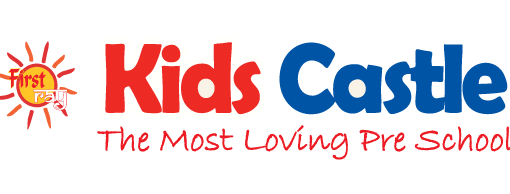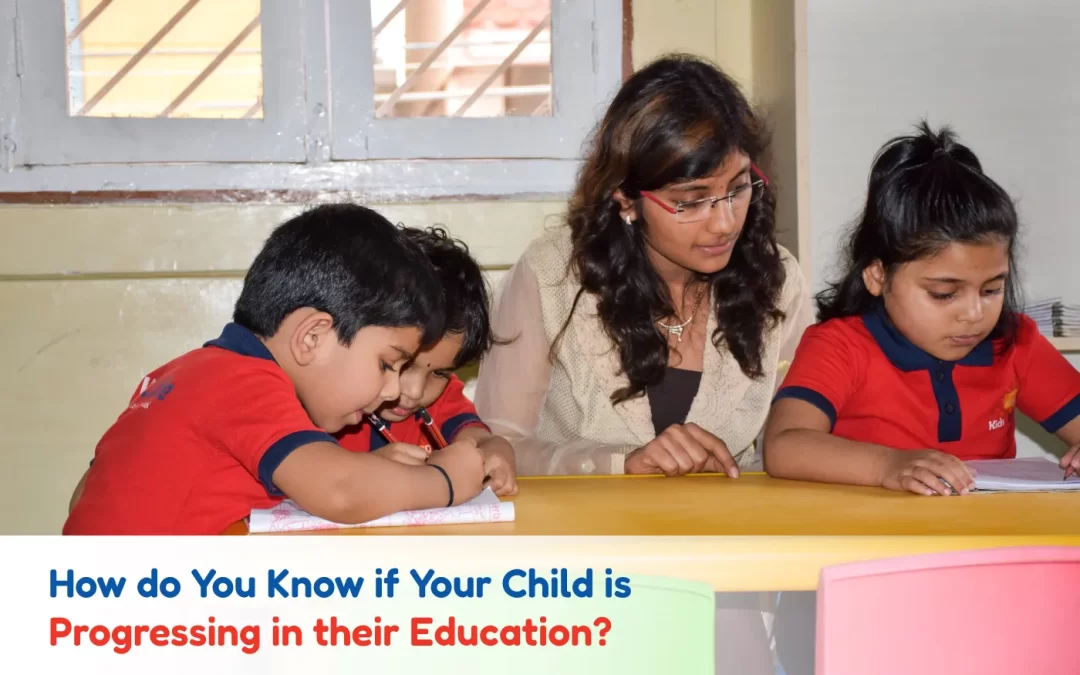Parents frequently seek guidance on whether their child is genuinely advancing in their academic journey. Many parents grapple with this question periodically, and these uncertainties or concerns can sometimes become quite burdensome.
It is essential to recognize that each child exhibits unique learning trajectories and advances at their rhythm. Parents often find it challenging to determine when their child is prepared to transition to the next level of education.
In this blog, we will discuss three essential indicators that can help you determine whether your child is making progress or needs support.
Is your child beginning to exhibit disinterest?
Stress is a significant factor that can slow children’s ability to focus and concentrate, particularly within the school environment. When children exhibit signs of boredom, it may indicate that they are encountering difficulties with their academic tasks or a specific subject area. This does not inherently suggest that your child is lagging in their development. This indicates that the individual has progressed to a new phase in their educational journey.
Does your child refrain from attempting again after experiencing failure or rejection?
If your child does not attempt again, they may feel discouraged about their academic responsibilities. Students may sometimes resist engaging with an assignment. Allocate the necessary time to explain the expectations. Encourage your child to reflect on the rationale behind the incorrect markings/grades on their work. Subsequently, gently nudge them to make another attempt.
Does your child struggle to make friends?
When a child exhibits difficulties in their academics and is reluctant to engage in efforts to improve, it is essential to consider possible underlying factors influencing the behaviour. Your child may be facing challenges related to social interactions or experiencing bullying due to their academic performance.
If all three indicators are evident, it may be time to contact your child’s educator to facilitate academic advancement.
If your child is falling behind, remain calm and composed. Engage in a dialogue with the school to understand the possible support your child can get and facilitate their return to a successful learning trajectory.
It helps if parents collaborate with teachers to ensure that their children access the necessary resources for success.
Strategies to Facilitate Progress in Children’s Education:
Parents need to acquire comprehensive knowledge regarding their child’s educational journey and the specific type of institution they are enrolled in. The institution has many resources to support children facing challenges in their learning journey. By collaborating closely with educators, parents can identify the available resources that may benefit their child if needed, empowering them to take an active role in their child’s academic progress.
Encourage your child to participate in extracurricular activities and hobbies to develop their interests, talents, and skills. Some possible activities can be martial arts, music lessons, the arts, robotics, language acquisition, and various sports. Such initiatives can significantly enhance children’s cognitive skills and abilities, essential for learning and character development.
Playing or engaging in some physical activity for at least 30 minutes each day enhances a child’s attentiveness and energy levels. Sports activities have a vital role in promoting physical and mental well-being.
Set up consistent family time for all members at specified intervals. Parents frequently need help establishing this time due to various competing commitments in their schedules that hinder their ability to coordinate effectively. Establishing a schedule creates numerous opportunities to engage actively in your child’s educational journey.
It is essential to monitor the extent of your child’s activities at home beyond their school commitments. Engaging in reviewing homework assignments, monitoring test scores, and overseeing aspects such as attendance are practical steps to support your child’s academic advancement.
Encouragement in their educational journey is essential for children, as this instills a genuine passion for learning and enhances their overall school experience. When parents do not support the child’s educational journey, it can lead to significant academic challenges for the student. They might cease their efforts altogether if they perceive a lack of potential benefits from their endeavors.
Development Jounrney
The importance of a child’s developmental journey can’t be overstated.
Progress is a vital component of the educational journey. It is widely recognized that the groundwork for future achievements is established early. The academic framework must ensure that children receive the highest quality of education, facilitating advancement at each developmental phase.
To maximize the educational outcomes for children, schools offer consistent academic support to ensure each child achieves their highest potential.
In contemporary education, a wealth of resources is readily accessible to students seeking to advance their learning journey.
Progressions ensure that every child gets equal opportunities to learn within a uniform environment, irrespective of their socio-economic background or cultural identity. Children from diverse backgrounds often experience various educational, cultural, and social contexts.
Contemporary educational institutions allow all students to learn and access all essential resources and materials.
Conclusion:
Student progress is essential for a well-rounded education. When students keep up with the class, it improves their future learning.
Children excel in learning when they understand the routine necessary to reach a educational milestone. Using all available resources effectively is essential to ensuring that your child is advancing at an accelerated rate.
Feel free to Contact Us for any inquiries, assistance, or further information!

